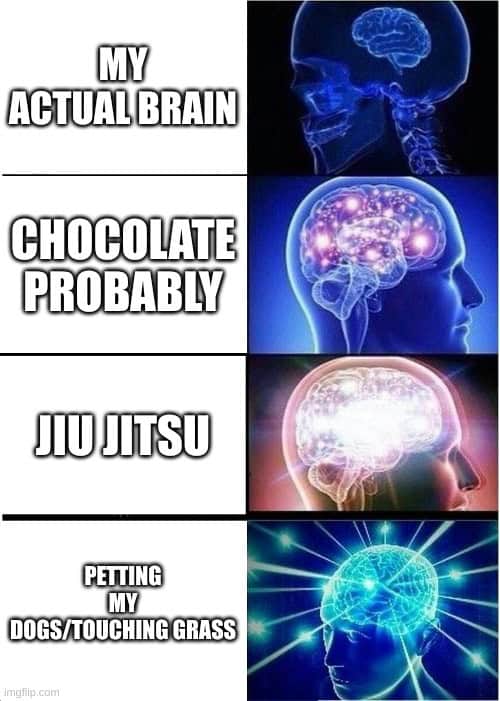
As I have written about in other articles on this page, I found Jiu Jitsu at a time when I was pretty unhappy. I was overweight, had little direction in my life, and lacked motivation to change any of it for the better. Jiu Jitsu played a big part in getting me out of that funk. Typical BJJ training is a tough workout for a beginner and a big impetus for forming better lifestyle habits. The physical changes certainly brought a lot of positivity for me. But aside from learning how to treat my body better so that I could perform on the mat, the psychological boosts did arguably more for me. Things like:
Finding a Positive Community
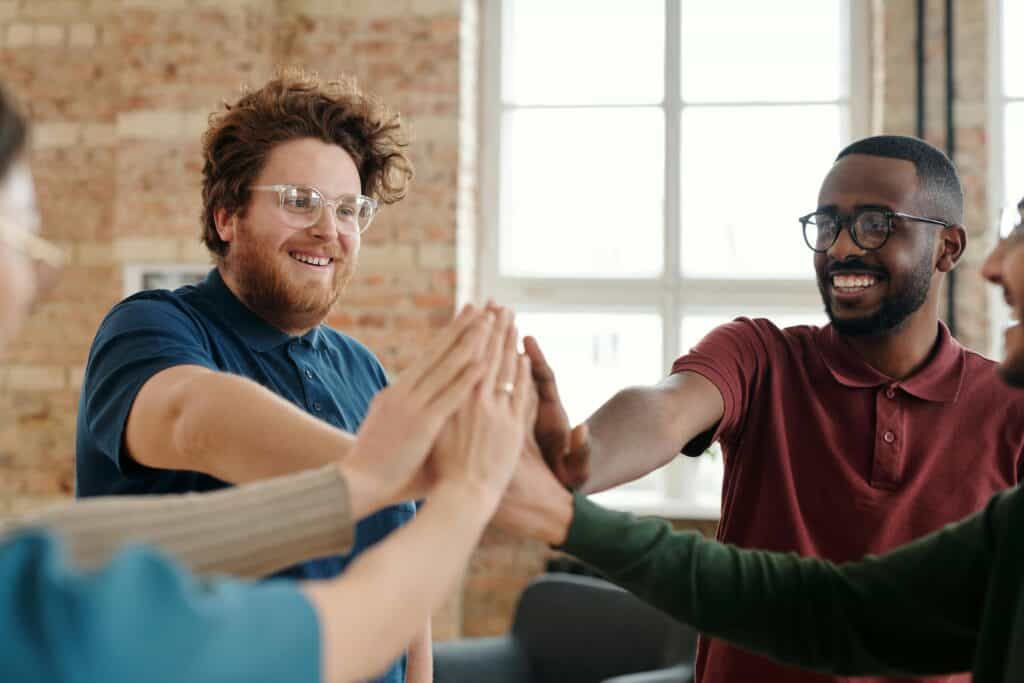
It’s one of the bigger cliches of the community. There are MILES of copy written on every BJJ school’s website mentioning “great community this…welcoming community that” (Living Art BJJ has it right on the homepage). And it’s pretty strange to tell people shopping for martial arts training that “you will make friends” and use it as a selling point. But that’s absolutely a very real thing Jiu Jitsu provided for me and it went a long way in turning my mental health around.
After college, I had less and less contact with friends as I was trying to find my way through the beginnings of real “adulthood”. Looking back on my college experience, the music school crowd wasn’t really MY crowd of people (not meant with any disparaging spirit). Jiu Jitsu exposed me to many other walks of life and I was lucky to make friends with some really cool people. The kind of people I wanted to surround myself with. We all want to belong to something. And I had finally found a crew that had a lot of people with similar values and similar goals. And even when other similarities were lacking, we all had in common a love of training with each other. The Jiu Jitsu crowd became my best group of friends and that gave me more reasons to want to train often. Wanting to train often made me want to eat better, lift weights, do extracurricular cardio, etc…
The friend group/community aspect put me in a positive cycle for perhaps the first time in my life. Now that it’s my job, the community aspect is what keeps it from feeling like work. I’m just hanging out with my friends and teaching them better ways to fold each other up.
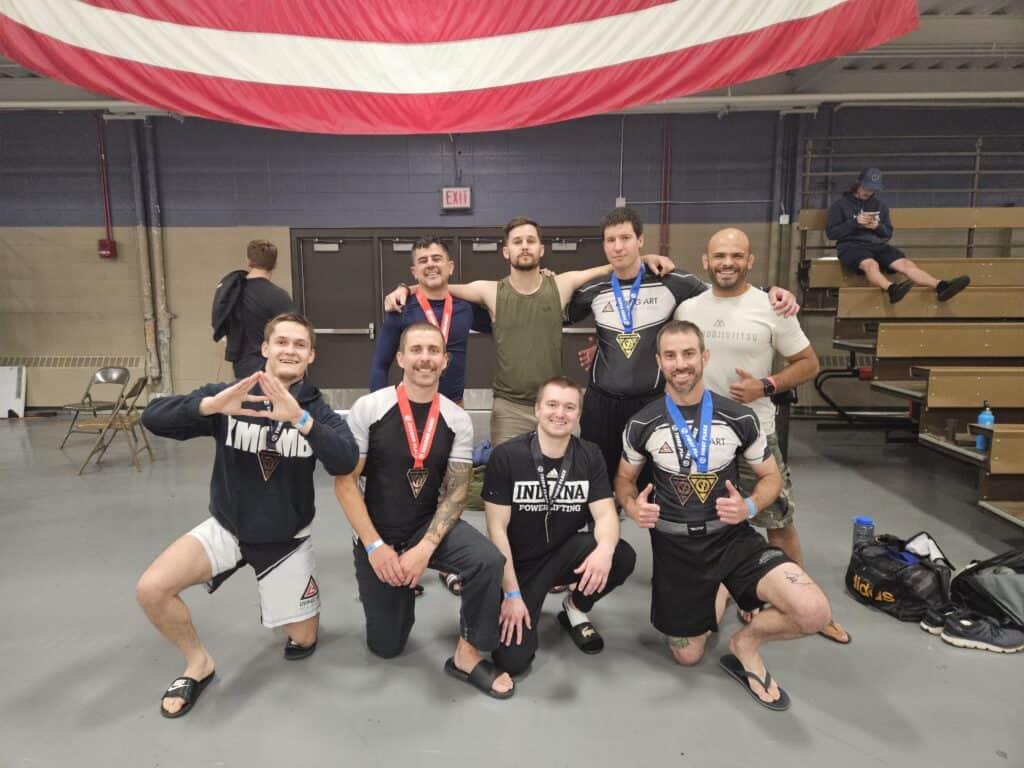
Practice Dealing With Pressure
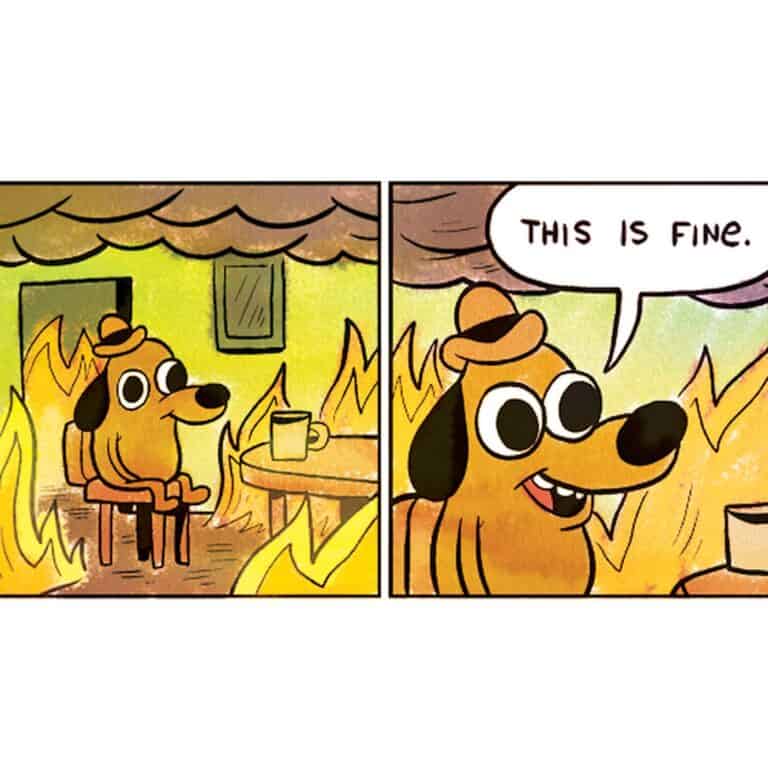
A little more of my personal backstory that no one asked for…
I was a pretty quiet kid growing up. I was terrified of getting in trouble, terrified of breaking rules, and riddled with quiet anxieties. At some point I’ll unpack all of that with a therapist, but for now I’ll just man up and get on with the point.
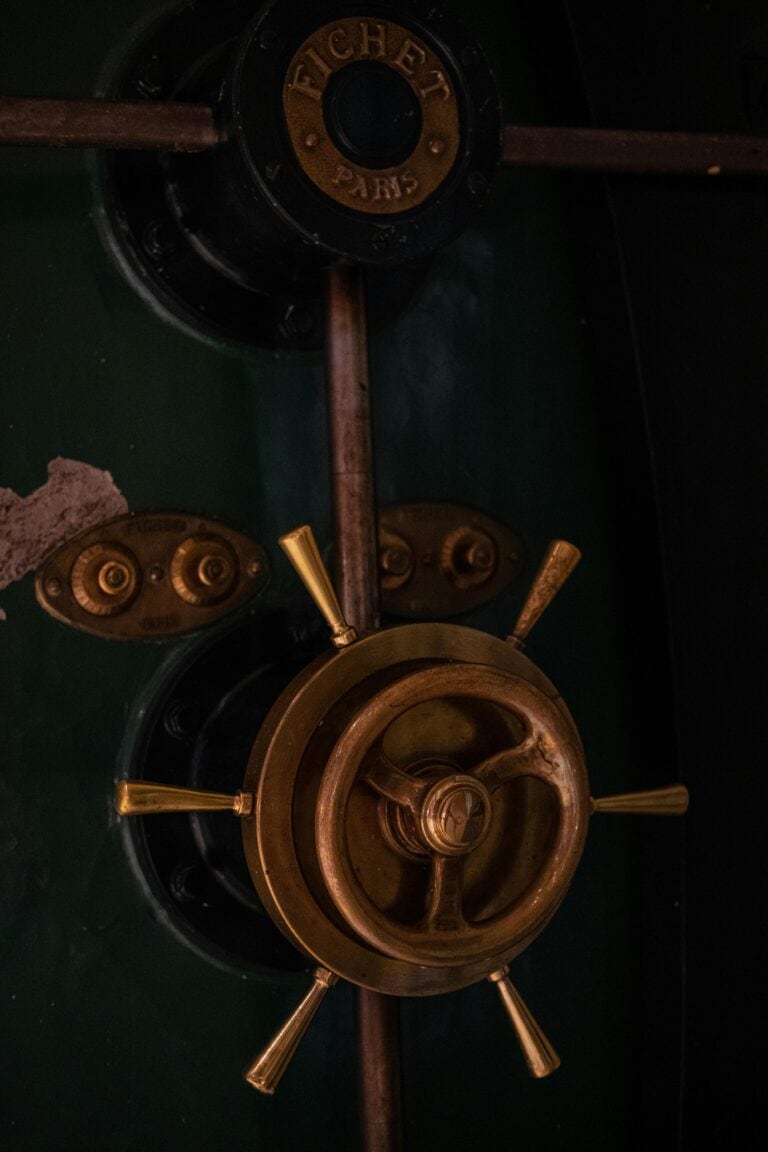
It’s pretty tough to go through life when you’re afraid of EVERYTHING. And it’s kind of tough when you’re not really aware that that’s how your brain has wired itself. Enter BJJ…
Especially at the beginning stages, sparring was a lot more violent than it was technical or cerebral. Lots of people squeezing my head, smacking into me with knees and elbows, not being able to breathe, and being pinned/submitted with little finesse. Of course all of that was vastly out-weighed by the amount of fun I was having and that’s what kept me coming back. But those rougher experiences did a lot to reframe my perspective on what was actually scary. The more I trained, the more composed I was while being manhandled by larger and/or more experienced Jiu Jitsu students. I got to a point where that kind of duress didn’t bother me at all. And that carried over to other areas of my life. A calm mind is an effective mind, and training BJJ went a long way in keeping my mind steady under fire.
A Tool For Building Confidence
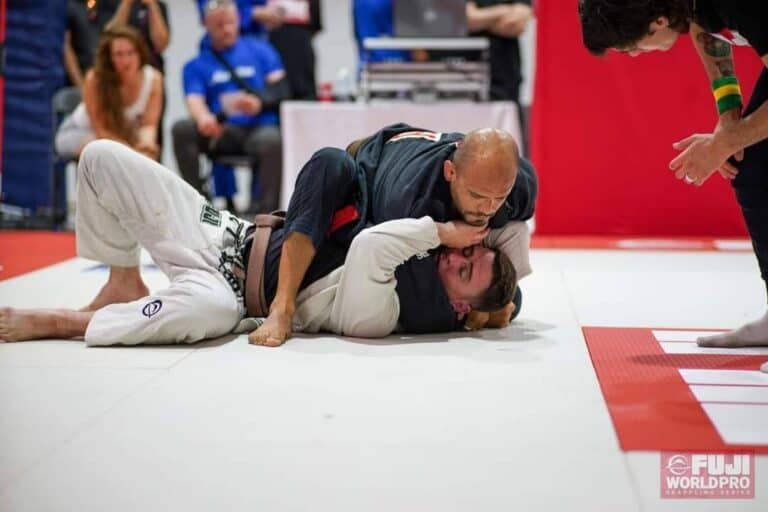
How Jiu Jitsu helped me build confidence has a lot of crossover with the last bullet point. Being the naturally fearful person that I was when I was new to Brazilian Jiu Jitsu, I was unconsciously very concerned with getting injured. Every ounce of pain/discomfort that is part and parcel to training was coupled with an equal dose of fear. Fear is not a bad thing. It will be what keeps you from taking dangerous risks with you or your training partner’s body. It will be what keeps you safe from most bad things that can happen to you in any given training session. But I came into the game with tons of paralyzing and imagined fears. Jiu Jitsu provided a way for me to work on that. In the earlier stages of my training I discovered I was tougher than I had given myself credit for. When I gained a little bit of competence I saw myself matching and surpassing other students who had handed me my ass before. When I achieved a higher level of competence, I saw myself beating bigger/stronger/more experienced Jiu Jitsu players. For a once overly meek personality, these kinds of gains worked WONDERS for my self-esteem. A certain poise and tenacity arose where there was once fear and timidity.
I don’t want to give the impression that you will need to be able to beat everyone in the room in order to build your confidence through Jiu Jitsu training. I think what ultimately helped me was proving to myself I could do a hard thing over and over again and find myself less scared every time I tried.
Makes You Deal With (and Learn the Value of) Failure
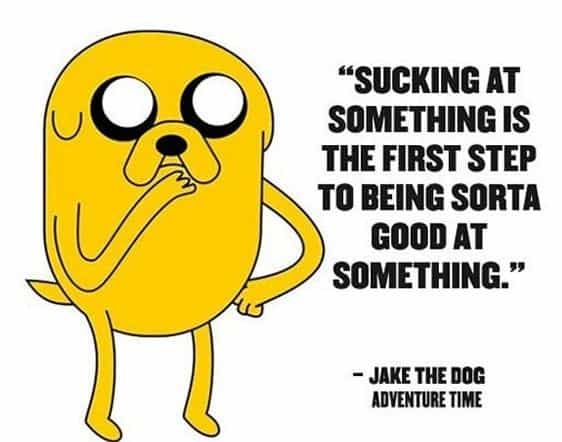
One thing I try to tell any new student pretty early on goes something along these lines:
“You’ll probably spend your first 6 ish months losing most exchanges. And after that you’ll be losing a little less, but still losing a lot.”
Another sentiment I find myself sharing with new students, often after they have expressed frustration with their own progress, goes something like this:
“Imagine that Jiu Jitsu was playing the piano. You’ve only been at this for __________. How much longer would you need to practice before you would want to play in front of an audience?”
My aim is to put into perspective that skill gains come more slowly than we think they should. And that the Jiu Jitsu landscape is pretty vast and pretty dense. There will be a lot of trial and error and failure is unavoidable. Personally, training Jiu Jitsu helped me detach myself from outcomes enough to see valuable feedback in getting stuff wrong and making mistakes. I’ve found that this perspective has informed failures encountered outside of the training room as well.
In an effort to keep all of the above mentioned in check, Jiu Jitsu has absolutely done a great deal toward making me a happier, healthier, and more well adjusted person. But it is certainly not the solution to all emotional and mental health issues. It’s not a replacement for professional therapy or the work we should be doing on our own to be healthier human beings. But I have strong evidence from my personal experience for everything I’ve mentioned so far:
- Being around awesome people is a plus.
- Building your confidence is a plus.
- Learning to deal with failure in a healthy way is a plus.
I hope your time here at Living Art BJJ or wherever else you train does all the good it did for me and much more.